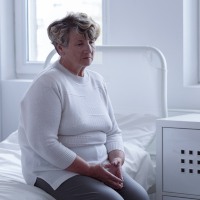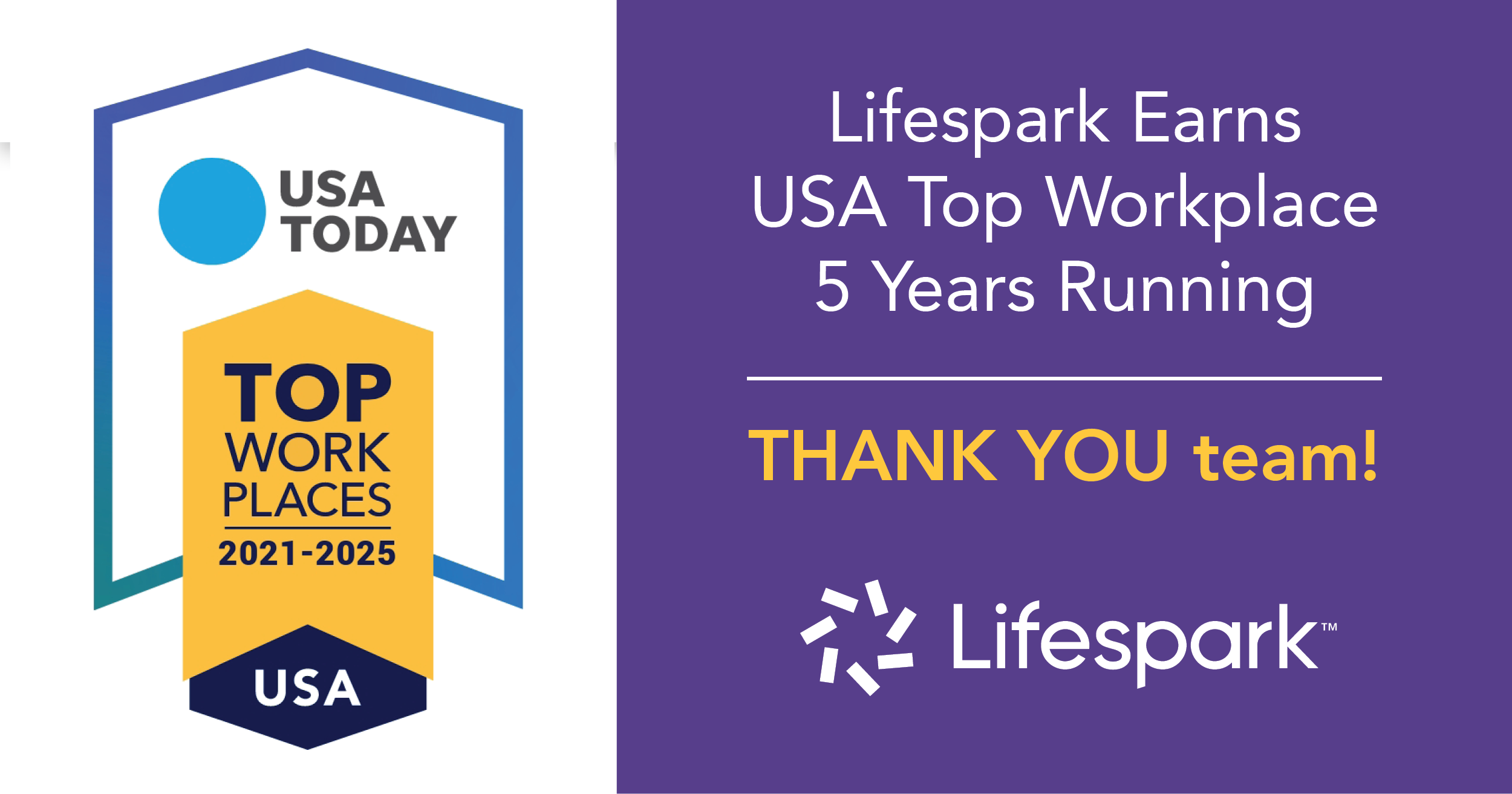
Decades ago, my mother was dying in a small hospital in southern Minnesota. Meighan, my sister, was sitting in the hall outside of her room when a hospice nurse paid a first visit. Here’s what Meighan overheard:
Hospice Nurse: “Do you have anyone you can talk to about your death?”
Mom: “No. The only one is my husband, and every time I bring it up, he bursts into tears.”
When Meighan told me the story, I had a major epiphany. My refusal to discuss death with my mother had not been a kindness. It had been a disservice. She’d tried to talk to me about dying, but I’d shut her down. I wanted to help her pretend it wasn’t happening. And more selfishly, I couldn’t discuss the unthinkable with her.
Within minutes of hearing from Meighan, I was compiling a list. The next morning, I sat down at my mom’s bedside.
Me: “So. You’re dying.”
Mom: (beat) “That’s what they tell me.”
Me: “Okay. I just want you to know how much I’m going to miss you. And that your life made a big impact on me.”
Mom sat quietly, listening to my long list:
- She showed me how to remain calm when others around me were freaking out.
- She taught me to be inventive in the kitchen.
- She had a laugh that begged to be laughed along with. So I laughed a lot.
- When my sister, Connie, had shamed me as a kid for using made-up words in a funny poem I’d written, Mom told her I’d been taking poetic license. (I had no idea what it meant, but I knew she was sticking up for me.)
- She always stuck up for me.
On and on. When I finally got to the end of the list, she said sweetly, “That’s very nice, dear. But what I’m thinking about right now is my funeral. (eyeing my shorts and t-shirt) You’re not going to wear that, are you?
I was bereft. I’d missed the window to help my mom grieve. She’d been forced to move through it all alone and was now onto the logistics of dying.
Looking back on it today, here’s what would have helped me:
- I wish our family had been braver about talking intimately with one another.
- I wish I’d known that hospice could have helped us talk intimately with one another.
- I wish that when my mom had been given three months to live, one of her many health care workers would have suggested hospice.
- I wish my mom’s hospice workers, even in those last days, would have offered support to our family. (To be fair, they may have offered it to my stepdad who didn’t tell us.)
- I wish I didn’t carry around so much guilt about my mom suffering alone.
- I wish I’d known more about hospice.
And now—I know more about hospice. For most of a year, I’ve been working as a freelance writer for the good folks at Lifespark. When they were ready to launch hospice services as part of their longitudinal approach to caring for people, they brought me on to help with communications. To prepare, I researched the world of hospice. I was blown away by how much I hadn’t understood. A quick snapshot of my misconceptions:
| What I Thought… | The Truth… | How YOU Can Help… |
| A person enters hospice when they are only days or weeks from dying. | Anyone expected to live six months or fewer qualifies for—and could likely benefit from—hospice services. | When you know or suspect that someone would qualify for hospice, be brave. Begin the conversation.
|
| If my mom could have been helped by entering hospice earlier, her doctor would have suggested it.
|
There are lots of reasons my mom’s doctor might not have suggested hospice.
|
Embrace the idea that hospice services can be a great gift to the people you care for. Your clients may be counting on you to tell them when it’s time. |
| Hospice is only for the dying person. (I’d never have imagined they would also help my siblings and me.)
|
Hospice helps family members prepare for what’s coming, learn to support one another, and ease the way for their loved one.
|
Help family members understand that they can—and should—take advantage of hospice services. |
| The role of the hospice staff in my mom’s hospital was to keep her physically comfortable and be supportive if she wanted to talk about her fears.
|
A hospice team offers a full range of services, supporting the client and their entire family physically, emotionally, socially, and spiritually.
|
Get familiar with each role on a hospice team. It can help you explain to your clients why they might benefit from hospice care. |
| My mom’s hospice care ended when she died. | Hospice offers a range of bereavement services for at least a year after a loved one dies. | If you suspect that a family member is not coping well with their loved one’s prognosis, let them know about the bereavement services that hospice offers. |
Lifespark Hospice
The more I learned about the many wonders of hospice care, the more I appreciated Lifespark’s particular approach. They’re taking hospice philosophies to the max.
- Hospice care focuses on the whole person – Lifespark has a long history of focusing on the whole person. They have technologies in place to capture and track the tiniest details of a person’s preferences. And that knowledge is shared across every service line. My mom loved half-a-glass of orange juice in the morning. Lifespark would have known that.
- Hospice supports the whole family – Lifespark takes a no-limits approach to support. They watch for signs of stress—big or small—and jump in to help. The hospice team loves to brainstorm ways to keep the family smiling.
- If a family has a care crisis, hospice goes to their home – Lifespark is committed to being at the client’s home within 90 minutes of the time they call.
- Hospice workers are kind, caring people – At Lifespark, add the word passionate. You see it on their faces and hear it in the words they use. Honestly, nothing gets these people more excited than finding a new way to improve their care.
The Whole Person Gets the Whole Package
I think I should mention one last benefit of Lifespark Hospice that seems unique to me: As a client, a person has access to the full range of Lifespark services and expertise.
- Over 100 years of clinical hospice experience
- Private Pay Caregiving
- Senior Transportation
- Respite Care
- Meal Deliveries
- Community Resources (e.g. Financial, Insurance, Home Repair)
- Senior Living Options
One More Wish
We only get one chance to help a person die well, right? Too often, I conjure up the memory of the day my mom called to tell me she’d been given three months to live. Sometimes, now, I let myself imagine how things would have been different if I’d been able to hang up that phone and call Lifespark.
They would have come out to meet with us right away. They would have been there for those three months, helping us get ready to say goodbye. And they would have shown us that hospice is not about dying. It’s about helping a person live their fullest life. Every day of it.
Lifespark Hospice is taking referrals. If you want to learn more, please call them at 952.737.4350.



